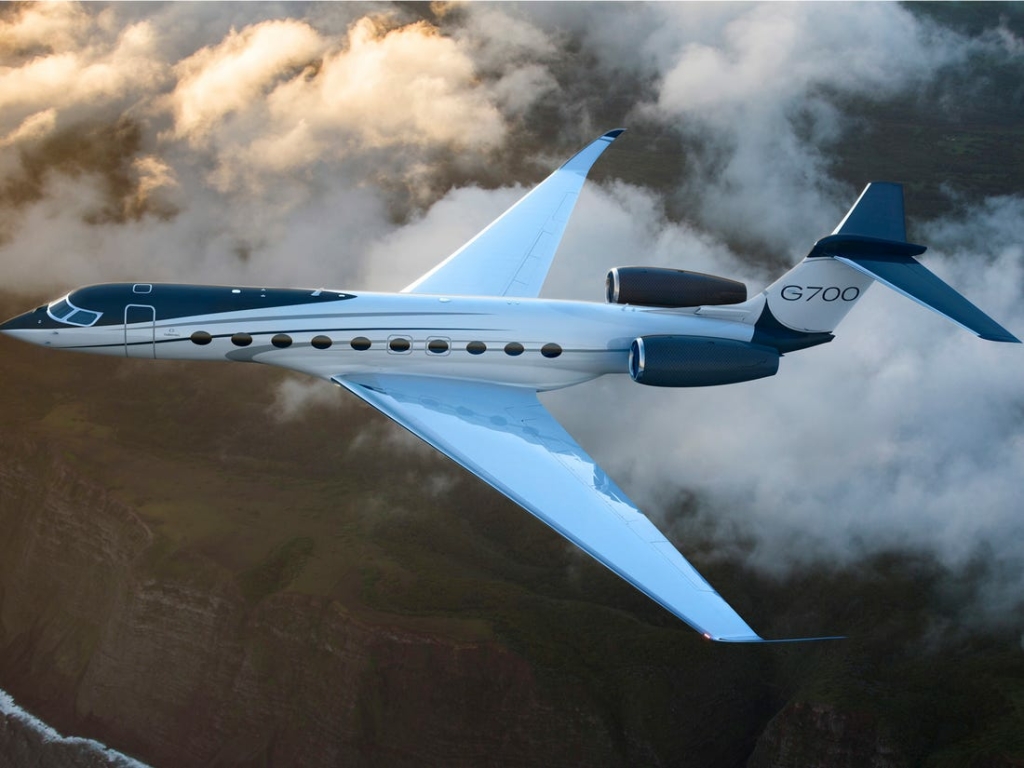
The aviation business has undergone vital transformations over the previous few a long time, with charter flight companies rising as a pivotal segment within this domain. In contrast to traditional airways that operate on fixed schedules and routes, charter flight companies provide versatile, personalized air journey options to meet the various wants of individuals, companies, and teams. This article explores the evolution of charter flight companies, their operational frameworks, market dynamics, and their impression on the broader aviation landscape.
Historical Background
The concept of charter flights dates again to the early 20th century, however it gained substantial traction within the put up-World War II era. As global economies expanded and industrial air journey grew to become more accessible, the demand for tailor-made travel solutions surged. Initially, charter flights were predominantly used for group journey, similar to sports activities teams and company occasions. However, because the industry advanced, charter flights started to cater to a broader viewers, together with leisure travelers seeking distinctive trip experiences.
Operational Framework
Charter flight companies function on a special mannequin compared to conventional airways. They don't have a set schedule or designated routes; as an alternative, they offer on-demand providers that permit purchasers to pick out their departure occasions and destinations. This flexibility is a key promoting point for charter flight companies, catering to enterprise executives needing to succeed in remote areas quickly or households wanting to keep away from the hassles of business air journey.
The operational framework of charter flight companies usually includes a fleet of aircraft starting from small jets to larger planes, relying on the service provided. These companies typically lease their aircraft or operate as brokers, connecting purchasers with aircraft house owners. The charter process generally consists of a number of steps: booking, flight planning, compliance with aviation rules, and post-flight services. A vital aspect of this course of is ensuring safety and regulatory compliance, which is paramount within the aviation trade.
Forms of Charter Flights
Charter flights may be broadly categorized into several types, every serving distinct market segments:
- private air flights Charters: These flights cater to individuals or small teams who seek privateness and luxurious. Private charters are often utilized by excessive-web-price people, celebrities, and corporate executives.
- Company Charters: Businesses regularly utilize corporate charters for worker travel, shopper meetings, and events. These flights permit companies to optimize time and improve productiveness by flying on to their desired destinations.
- Group Charters: These are designed for bigger groups, such as sports activities teams, tour groups, or occasion attendees. Group charters present an economical solution for transporting a number of passengers to a typical destination.
- Air Ambulance Companies: Some charter firms specialize in medical flights, offering vital air transport for patients requiring urgent medical consideration. These services are equipped with medical personnel and specialised tools.
- Cargo Charters: In addition to passenger flights, some charter corporations give attention to transporting items. Cargo charters are important for businesses needing to ship products shortly or transport oversized items that cannot be accommodated by industrial airways.
Market Dynamics
The charter flight industry has skilled robust development lately, driven by a number of elements. If you have any concerns concerning where and the best ways to make use of corporate private jets charter, you can contact us at our internet site. The rising demand for personalized journey experiences, coupled with developments in technology, has made charter flights more accessible and interesting to a broader viewers. Furthermore, the rise of digital platforms and apps has simplified the booking course of, permitting clients to check costs and providers simply.
The COVID-19 pandemic considerably impacted the aviation sector, resulting in a decline in business travel. However, it additionally created opportunities for charter flight companies, as travelers sought safer alternate options to crowded airports and industrial airways. Many charter companies reported a surge in demand for private flights during the pandemic, as health and security issues prompted individuals and businesses to prioritize private travel choices.
Environmental Issues
As the aviation trade grapples with growing scrutiny over its environmental influence, charter flight companies face unique challenges. Whereas private jets are sometimes criticized for his or her carbon footprints, many charter operators are taking proactive steps to mitigate their environmental affect. This includes investing in additional fuel-efficient aircraft, exploring sustainable aviation fuels, and implementing carbon offset packages.
Additionally, the trade is witnessing a rising trend towards the adoption of electric and hybrid aircraft, which promise to reduce emissions and operational prices. As technological developments proceed, charter flight companies may play a vital position in selling greener aviation practices.
Challenges and Alternatives
Regardless of the expansion potential, charter flight companies face several challenges. Competition throughout the industry is fierce, with numerous players vying for market share. Worth sensitivity amongst customers can also pose challenges, as many travelers may go for lower-price commercial airlines. Moreover, regulatory hurdles and compliance with aviation standards can complicate operations, especially for smaller corporations.
However, these challenges additionally present opportunities for innovation. Charter flight companies can differentiate themselves via enhanced customer service, personalized experiences, and value-added providers resembling in-flight catering and concierge services. Furthermore, partnerships with luxurious inns, occasion planners, and journey companies can create synergies and increase customer bases.
Conclusion
Charter flight companies have change into an integral a part of the aviation ecosystem, offering versatile and personalised travel options to meet the evolving wants of consumers and businesses. As the trade continues to adapt to changing market dynamics, technological advancements, and environmental concerns, charter flight companies are properly-positioned to thrive sooner or later. By embracing innovation and prioritizing buyer expertise, these firms can navigate challenges and capitalize on alternatives within the ever-evolving landscape of air journey.







